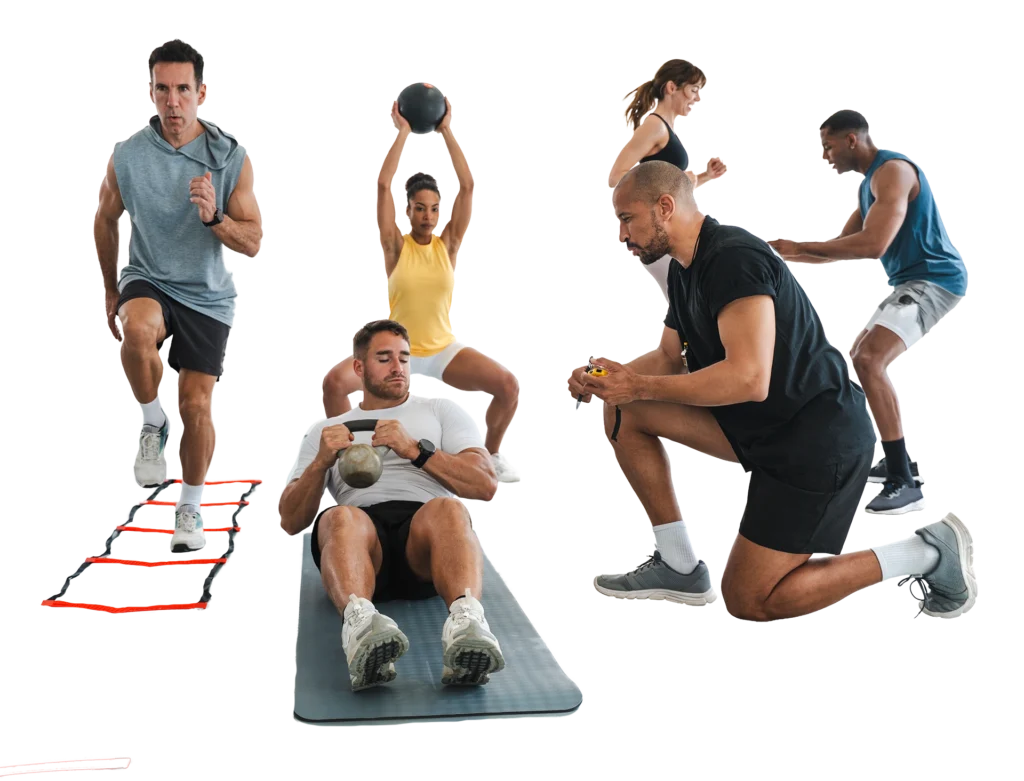Group Exercise
Morning Teaching vs Evening Teaching

As a Les Mills Instructor, chances are you’re leading classes at very different ends of the day – either first thing in the morning or later in the evening. Both bring unique benefits for you and your members. Morning workouts are often hailed as the gold standard for building consistency and boosting daily focus, while evening training is sometimes viewed with suspicion – with some believing it disrupts sleep.
But fresh research is turning that narrative on its head. Not only can evening classes support good sleep, they can also deliver surprising advantages when it comes to energy, appetite regulation, and even long-term health. Compared with morning training, evening workouts offer a different (but equally valuable) set of benefits.
So, what does this mean for you and your classes? Let’s break down the latest science on morning versus evening workouts – and how you can use it to inspire and reassure your members.
Evening Workouts: The Surprising Benefits
Some members may worry that exercising late in the day could disrupt their sleep. However, research from Australia suggests the opposite: evening training can actually improve sleep and help curb late-night cravings.
In one study, participants completed 30-minute high-intensity cycling workouts at different times of day (6am, 7am, 2pm, 4pm, 7pm, and 9pm). Researchers measured sleep quality and appetite-related hormones before and after training. Three key findings stood out:

Evening workouts don’t disturb sleep – you can reassure your members that training after work won’t stop them from getting quality rest.

Appetite regulation improves later in the day – afternoon and evening exercisers had lower levels of ghrelin (the ‘hunger hormone’), making it easier to avoid late-night snacking after a tough class.

Energy can be higher in the evening – members may find their performance feels stronger in a 6pm BODYATTACK® or BODYPUMP® class compared to an early-morning start.
Extra Health Perks of Evening Training
Another Australian study examined exercise timing in relation to diet. Sedentary, overweight participants on a fatty diet improved cardiovascular fitness no matter when they exercised. But those who trained later in the day enjoyed extra benefits:
Lower Cholesterol
Better Blood-Sugar Control
Enhanced Cardiovascular Biomarkers
It’s important to note that both studies cited only involved men, so the results don’t give us the full picture. More studies with a focus on women are needed to redress the balance and provide greater understanding of how different groups of people are affected.
Morning Workouts: Tried and True

Exercising in a fasted state can increase fat oxidation. A 2025 study of college students found that working out before breakfast significantly boosted fat burning, with elevated effects lasting for up to four hours post-workout.

Morning training can help reset circadian rhythms, promoting alertness in the morning and natural tiredness at night.

Early exercise has been linked to improved productivity, focus, and decision-making throughout the day.
Morning workouts:
- Great for building consistency and routine
- Support fat metabolism when fasted
- Boost focus and productivity for the day ahead
Afternoon/Evening workouts:
- Possibly higher strength, power, and endurance levels
- Appetite regulation support
- Effective stress relief after a long day.
Consistency Beats Timing


Jonathan Tustain
Jonathan is a content producer for Les Mills, a global leader in fitness and wellness solutions. Les Mills empowers individuals and organisations to create healthier lifestyles through innovative group fitness programs, digital platforms, and instructor education. Les Mills Asia Pacific, which distributes Les Mills programs across around 15 countries, partners with thousands of clubs and fitness professionals to make fitness engaging, accessible, and impactful throughout the region.